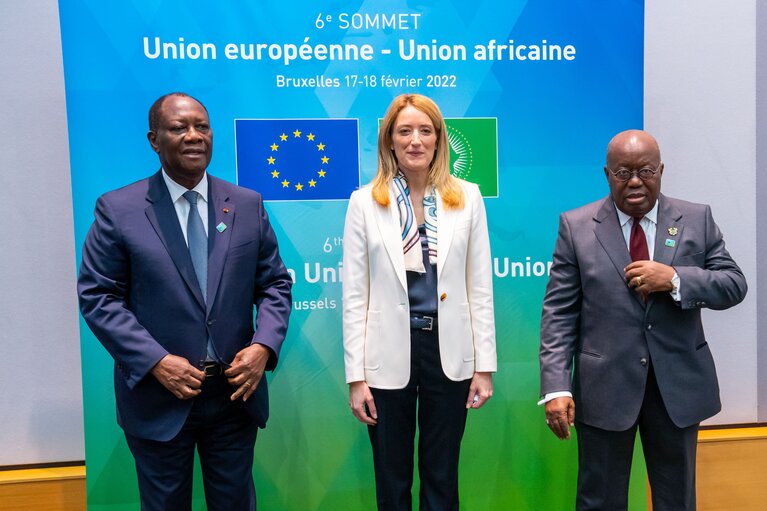Question: Hydrogen – added value for African partner countries?
Together with the other Green MEPs from the Development Committee, I have put a question to the Commission on the promotion of hydrogen as part of the Global Gateway Strategy. We have our doubts about whether this hydrogen is really green, and we also have doubts about whether using energy to produce hydrogen for export is really appropriate when many millions of people in the partner countries concerned have no access to electrical energy. In its answer, the Commission mentions concrete goals that are supposed to help all parties involved, but unfortunately does not go into how exactly these are to be achieved.
You can find the entire request with answers in several languages also here.
Our request:
Under the Global Gateway strategy, investments in infrastructure development are expected to reach up to EUR 300 billion in the current funding period. According to the Joint Communication of the Commission and the High Representative of the Union for Foreign Affairs and Security Policy (HR/VP) of 1 December 2021 entitled "Global Gateway" (JOIN(2021)0030), the Commission and the HR/VP will work with partner countries that have the potential to develop their production of hydrogen using renewable energy sources and promote the creation of competitive markets so that this hydrogen produced outside the EU can be traded internationally without export restrictions or price distortions.
- Given the intention to produce 'green hydrogen' for international trade in partner countries, could the Commission provide concrete data analysis to ensure that the potential of such an investment policy not only serves the EU's energy needs but also adds value to Africa in achieving the Sustainable Development Goals?
- How will the production of "green hydrogen" for export deal with the major problem of energy poverty in developing countries, especially in sub-Saharan Africa, where 600 million people have no access to electricity? Is the production of hydrogen the best use of renewable energy sources in partner countries?
- Can the Commission provide further information on the legal basis and the type of EU funding allocated to such investments, as well as the countries concerned and the relevant flagship projects?
Answer given by Kadri Simson on behalf of the European Commission on 19.08.2022
Global Gateway is the EU's contribution to reducing the global investment gap, focusing on energy, transport, digital, health and education. Global Gateway is fully aligned with the United Nations 2030 Agenda with its Sustainable Development Goals and the Paris Agreement.
With regard to the energy sector in Africa, Global Gateway is considered part of the EU-Africa Green Energy Initiative which aims to support environmental transformation in Africa by increasing renewable energy capacity, providing more people in Africa with access to affordable and reliable energy, promoting the use of sustainable energy, and supporting market integration and sector reforms. By 2030, the EU-Africa Green Energy Initiative aims to support the creation of at least 50 GW of renewable electricity generation capacity, providing electricity to at least 100 million people.
Africa has the potential for large-scale production of competitively priced renewable hydrogen and derived fuels. This technology can contribute to Africa's sustainable industrialization and development in line with the goals of the African Union's Agenda 2063. Once local demand is met, renewable hydrogen trading could be another way for African countries to build their green economies.
As in the REPowerEU Communication and the accompanying Action Plan. announced, the Commission is working to establish energy partnerships with a number of third countries, including countries in Africa. The private sector will mobilize investment in renewable hydrogen. The Commission will support the development of the renewable hydrogen market, in particular by mobilizing private sector investment through the financial instruments available under the European Fund for Sustainable Development (EFSD+).
